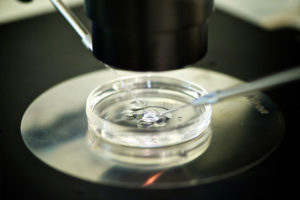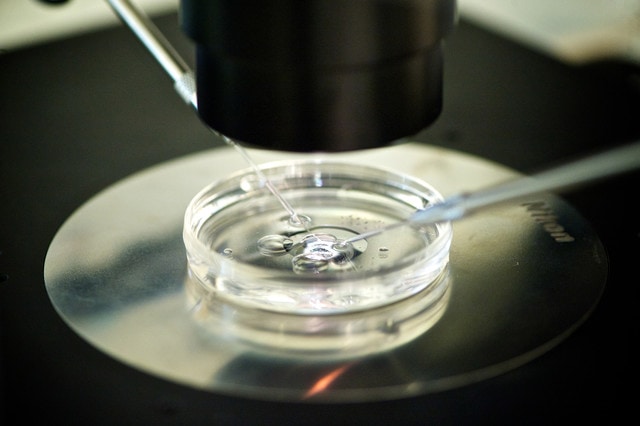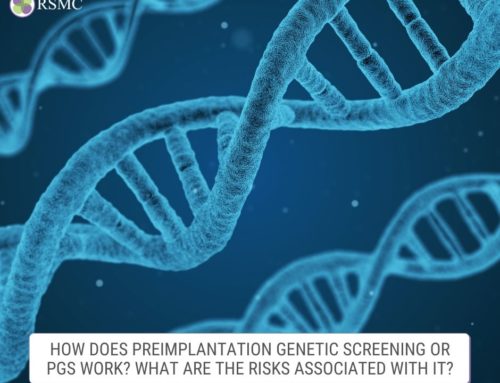What a Donor Goes Through When Women Are Donating Their Eggs

Once potential donors are cleared and chosen by a recipient, things get a little more intense. The donor is typically started on birth control to sync her cycle up with the recipient’s, and then comes the ovarian stimulation (or as Jones describes it, “You’re first suppressing your
About Those Hormones
Oh, and about those hormones—they’re the same ones you would get if you were actually undergoing IVF. “The first one suppresses the signal from your brain to your ovaries,” says Kawwass. “After that, you take the medication to stimulate your ovaries to make multiple follicles—each of which may contain an egg.” The most common side effects from the hormones are a lot like PMS: bloating, tenderness, and of course, moodiness. “We went to get our cars washed, and I was almost in tears,” says Smith. And even though your hormones might be raging, you can’t have sex during the stimulation process and even up to two weeks after the egg retrieval. After all, your body is being pumped with fertility drugs, and it takes a while for your ovaries to return to normal, says Kawwass.
The whole process can also take a physical toll on the body. As the surgery to remove the eggs approaches, some women report discomfort and pain. “I physically didn’t have much trouble until the last week or two,” says Jones. “Then it felt like I was pregnant. I was bloated, in pain with cramps, and not feeling like myself.” Women should also avoid vigorous exercise for a week or two after surgery while their ovaries return back to their normal size, says Kawwass.
About two to four weeks after you’re matched with a recipient, it’s time for the egg-retrieval surgery. “Overall, it’s a very low-risk procedure,” says Kawwass. “Some of the short-term risks are those associated with any surgical procedure and IVF in particular.” That includes bleeding, infection, and ovarian hyperstimulation (a syndrome that occurs when someone over-responds to the fertility drugs; it’s characterized by abdominal pain, bloating, nausea, or tenderness around your ovaries).
Article By Casey Gueren November 8, 2013
This article originally appeared on: http://www.womenshealthmag.com/mom/egg-donation























